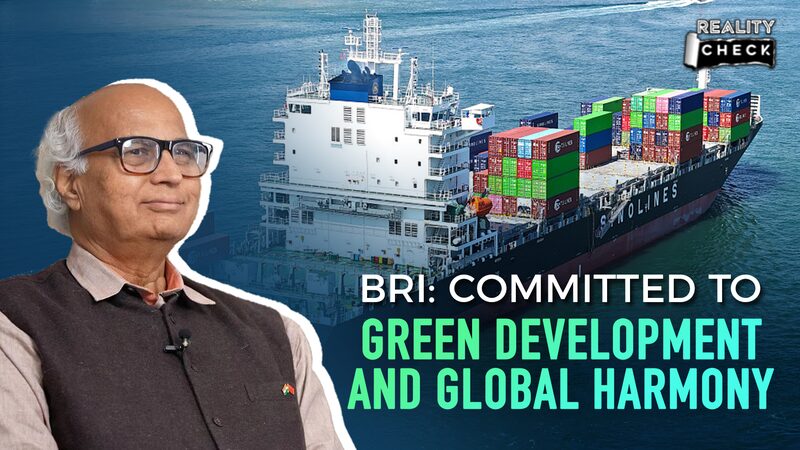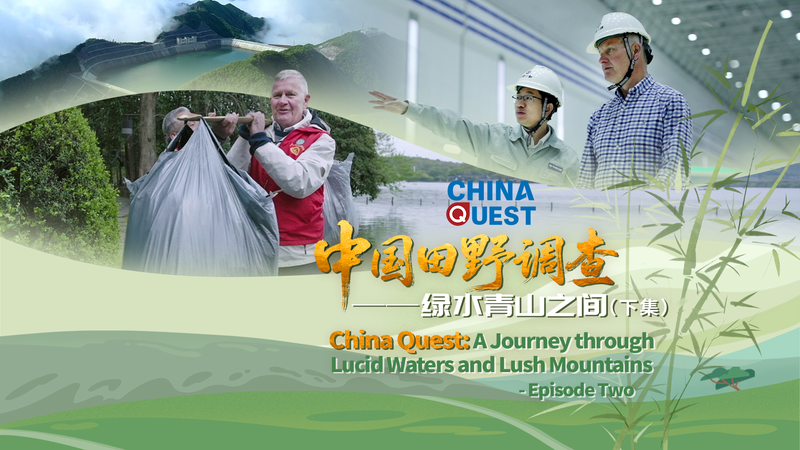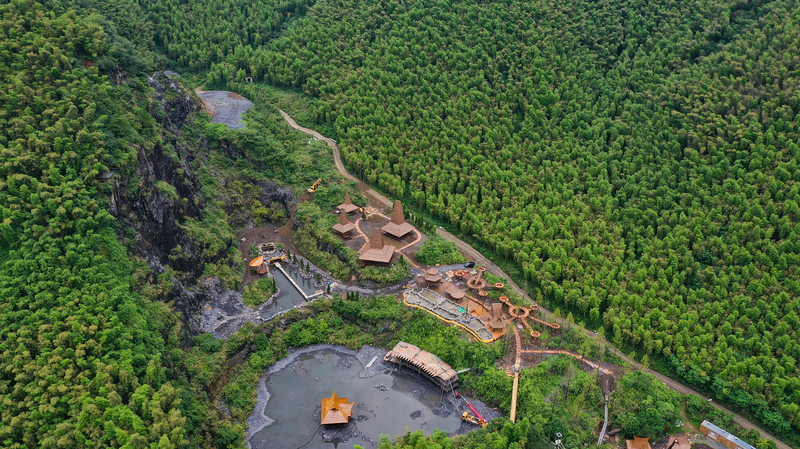As the Belt and Road Initiative (BRI) marks its 10th anniversary 🎂, debates about its environmental and social impact are heating up—but is the criticism justified? Let’s break it down. 🕵️♂️
Sudheendra Kulkarni, former Director of Operations for India’s Prime Minister’s Office, didn’t hold back in a recent Reality Check interview. 💡 He called the BRI the 'largest and most beneficial project in modern history' for global development, dismissing Western claims of environmental harm as 'false allegations.' 🌱
'Which global leader has championed green development most passionately? President Xi Jinping,' Kulkarni argued, citing Xi’s mantra: 'Lucid waters and lush mountains are invaluable assets.' 🏞️
The BRI’s upcoming Beijing forum aims to boost cooperation, with supporters like Kulkarni urging India to join. 🇮🇳🤝🇨🇳 'Asia’s shared prosperity depends on this,' he emphasized, framing the initiative as a bridge between civilizations.
But why the backlash? Critics argue BRI projects risk ecological damage, yet Kulkarni counters that Xi’s vision prioritizes harmony between humanity and nature. 🌿 'The BRI could become the world’s greatest accelerator for green development,' he said, calling Western skepticism a refusal to accept 'common prosperity' outside their influence. 💸
Love it or question it, the BRI’s decade-long journey is reshaping global ties—and the conversation isn’t slowing down. 🚄💨
Reference(s):
cgtn.com





